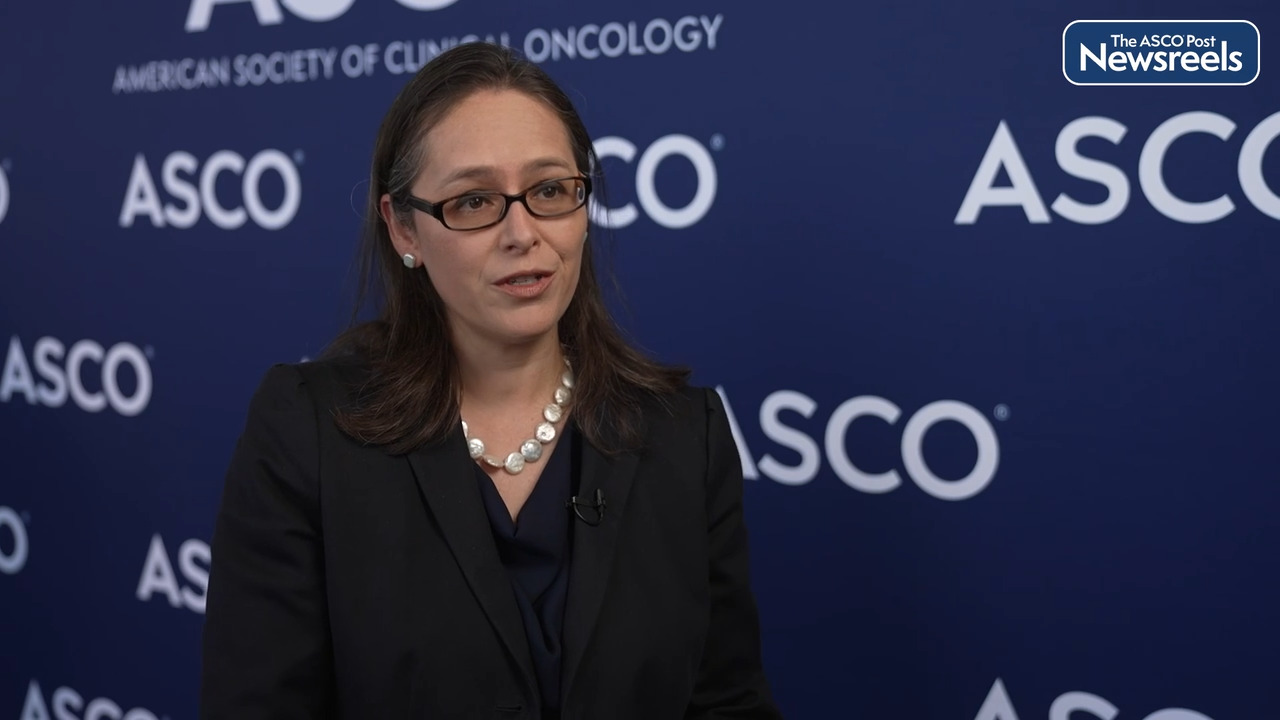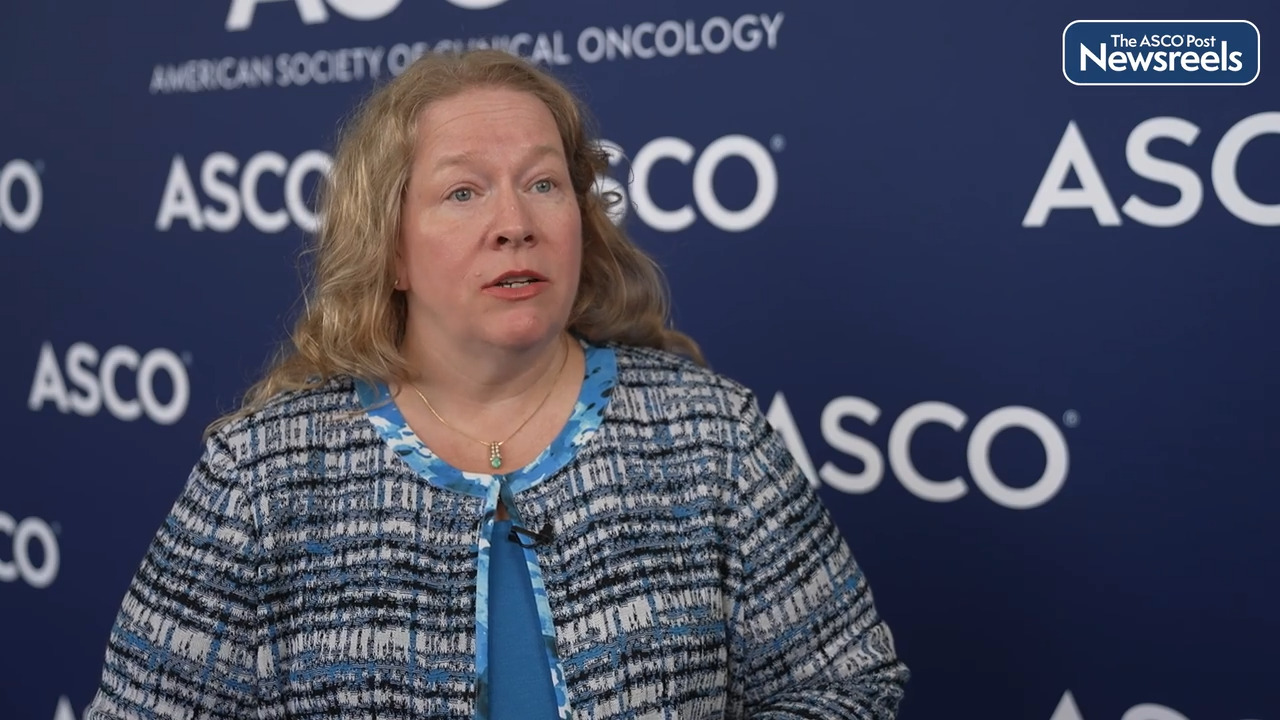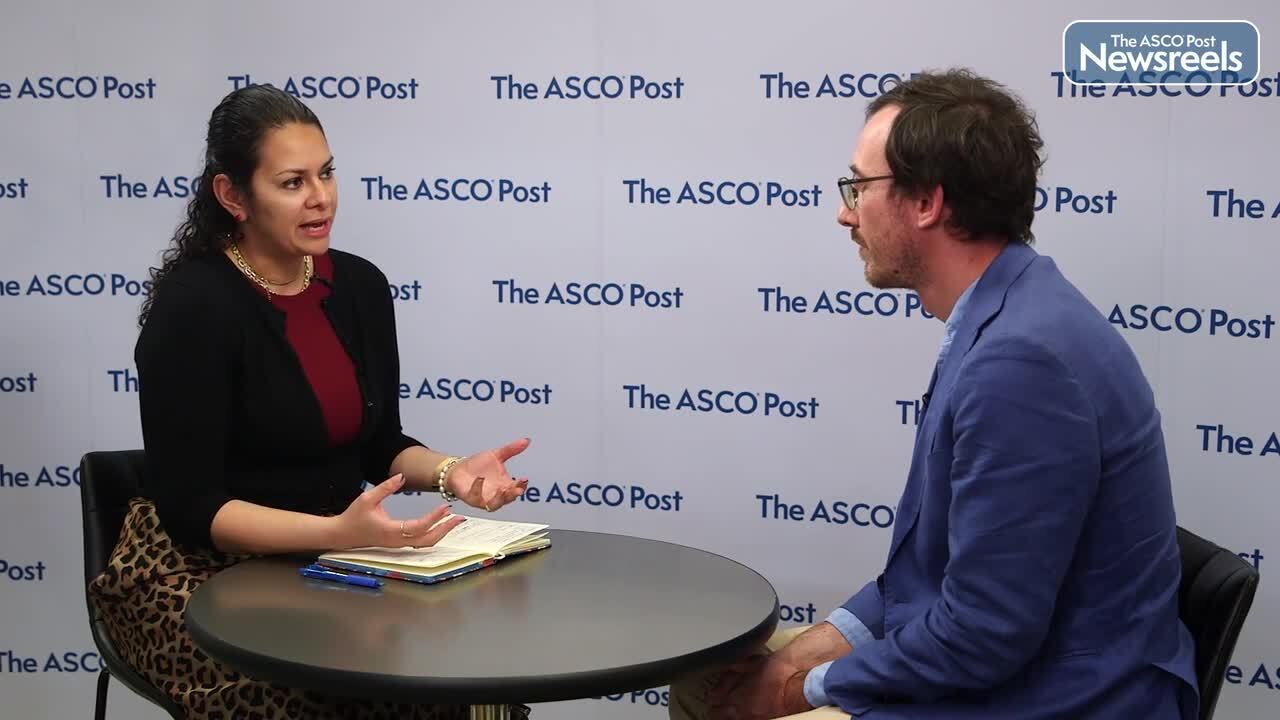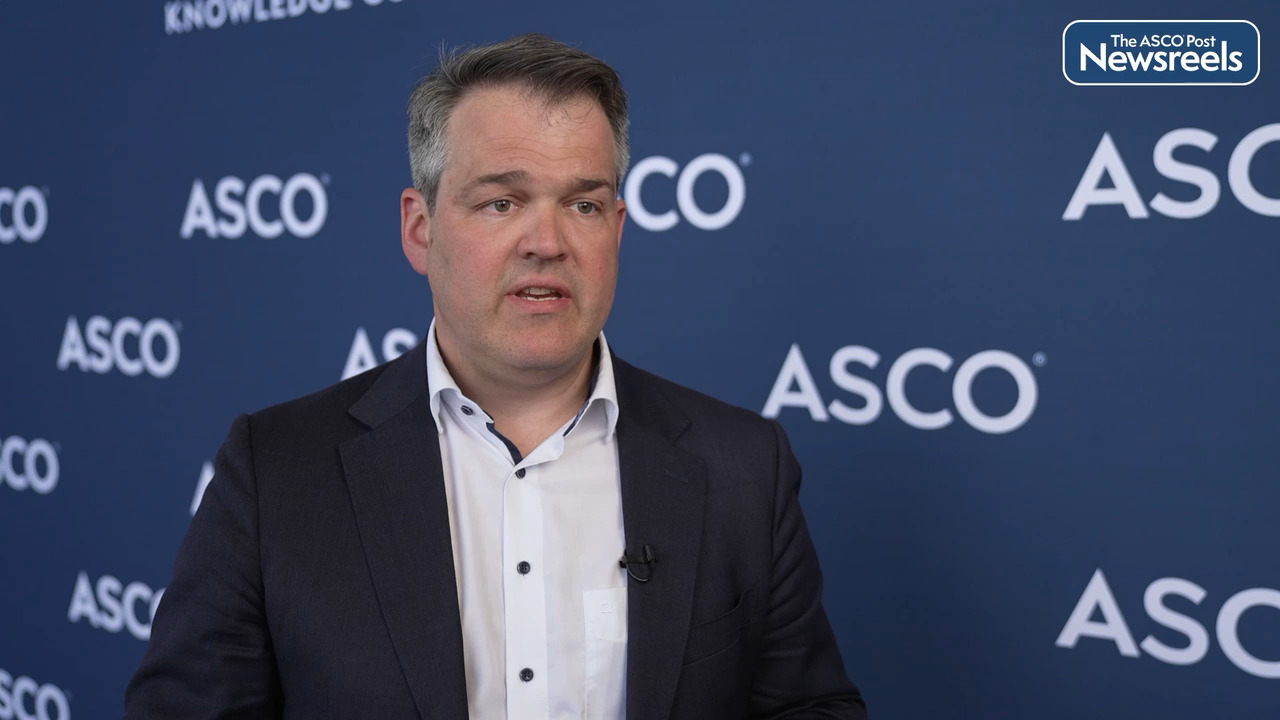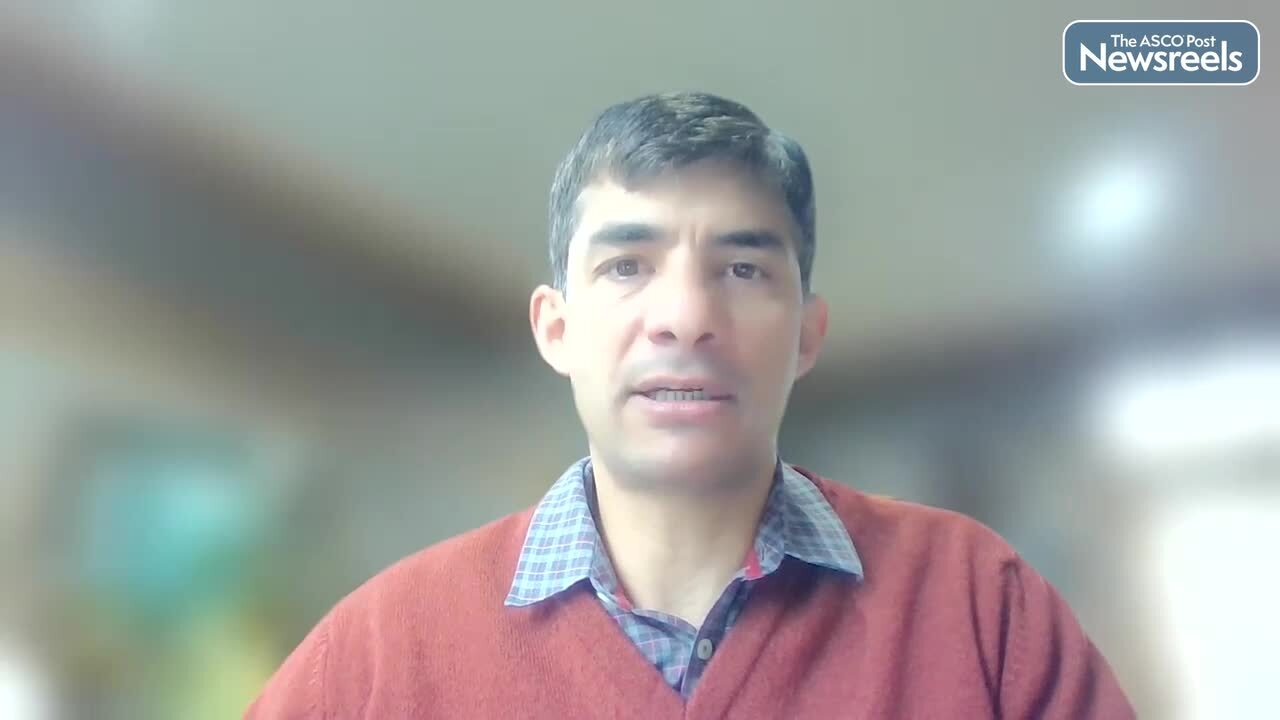Penelope Bradbury, MBChB, on Pleural Mesothelioma: New Results From the IND227 Trial of Cisplatin and Pemetrexed With or Without Pembrolizumab
2023 ASCO Annual Meeting
Penelope Bradbury, MBChB, of Canada’s Princess Margaret Cancer Centre, discusses phase III findings showing that, in patients with treatment-naive unresectable pleural mesothelioma, cisplatin and pemetrexed with pembrolizumab improved median overall survival with acceptable tolerability (Abstract LBA8505).
The ASCO Post Staff
Paula Aristizabal, MD, MAS, of the University of California, San Diego, and Rady Children’s Hospital, talks about using a health systems strengthening approach to improve leukemia care and survival in a public Mexican hospital in the region of the border between the United States and Mexico. The demonstrated increase in overall survival across a decade after implementation of the program seems to validate the use of such models, not only to improve clinical outcomes, but also to build sustainable hospital capacity, financially and organizationally (Abstract 1502).
The ASCO Post Staff
Arlene O. Siefker-Radtke, MD, of The University of Texas MD Anderson Cancer Center, discusses the combination of erdafitinib and cetrelimab, which demonstrated clinically meaningful activity and was well tolerated in cisplatin-ineligible patients with metastatic urothelial carcinoma and fibroblast growth factor receptor alterations (Abstract 4504).
The ASCO Post Staff
Narjust Florez, MD, of Dana-Farber Cancer Institute, and Filippo Gustavo Dall’Olio, MD, of Institut Gustave Roussy, discuss circulating tumor DNA tumor fraction, and its link to survival in patients with advanced non–small cell lung cancer (NSCLC) treated with maintenance durvalumab in the UNICANCER SAFIR02-Lung/IFCT1301 trial. Tumor fraction was positive in 16% of patients randomly assigned to receive durvalumab in the study. This population seems to have a limited benefit from maintenance durvalumab after induction chemotherapy (Abstract 2516).
The ASCO Post Staff
Sebastian Stintzing, MD, of the Charité Universitätsmedizin Berlin, discusses results from the phase III FIRE-4 study, which showed that liquid biopsy is clinically relevant in verifying mutational status in patients with metastatic colorectal cancer and is efficacious in first-line treatment of FOLFIRI and cetuximab for patients with RAS wild-type disease (Abstract 3507).
The ASCO Post Staff
Shailender Bhatia, MD, of the University of Washington and Fred Hutchinson Cancer Center, discusses phase I/II results on the efficacy of nivolumab with or without ipilimumab in patients with recurrent or metastatic Merkel cell carcinoma. The study found that, for this rare and aggressive skin cancer, nivolumab showed clinical activity in advanced disease. However, these results from CheckMate 358 do not suggest an additional benefit with ipilimumab added to nivolumab (Abstract 9506).
